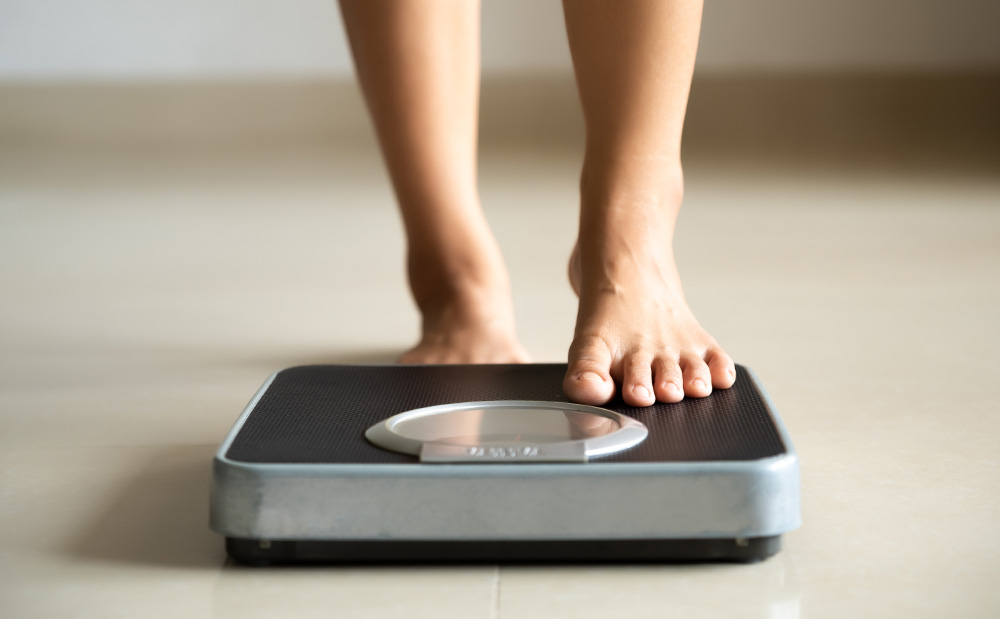

Meet Dr. Shelby Harris
Dr. Shelby Harris, Sleepopolis’ director of sleep health, is on a mission to help you get a good night’s sleep. Whether you struggle with anxiety or are wondering if a sleep divorce is right for you, she’s got you covered.
Learn MoreLatest News


This Is How a Regular Sleep Schedule Should Affect Your Mood at 5 a.m. and 5 p.m.

This Semaglutide Maker Says Patients With Sleep Apnea on the Weight-Loss Drug Are Seeing Majorly Improved Sleep

Rise in Melatonin-Related Children’s Emergency Room Visits Prompts New Industry Guidelines: Here’s What to Know

Meet the Sleepopolis Team
Hey there! We’re Amelia and Nichole, product experts at Sleepopolis. Shopping for a new mattress or bedding can be overwhelming – there’s a limitless number of styles, fabrics, and brands to consider. That’s why we’re here – to demystify the process and help you find the best products for your needs.
About UsWind Down With Us
Because getting a good night’s sleep shouldn’t be a chore. Get the latest news, deals, and product recommendations delivered to your inbox weekly.
Sleep + Health


Sleep Tips

Physical Health

Sleep Disorders
Our Commitment to You

Medical Review Network
We work with a large group of medical experts, who have published in peer-reviewed journals, written books, and worked with Olympic athletes, to ensure that our content is as accurate and up to date as possible.

Methodology Review
We put products through the ringer in our Raleigh-based lab so that we can provide the most honest reviews possible.


















